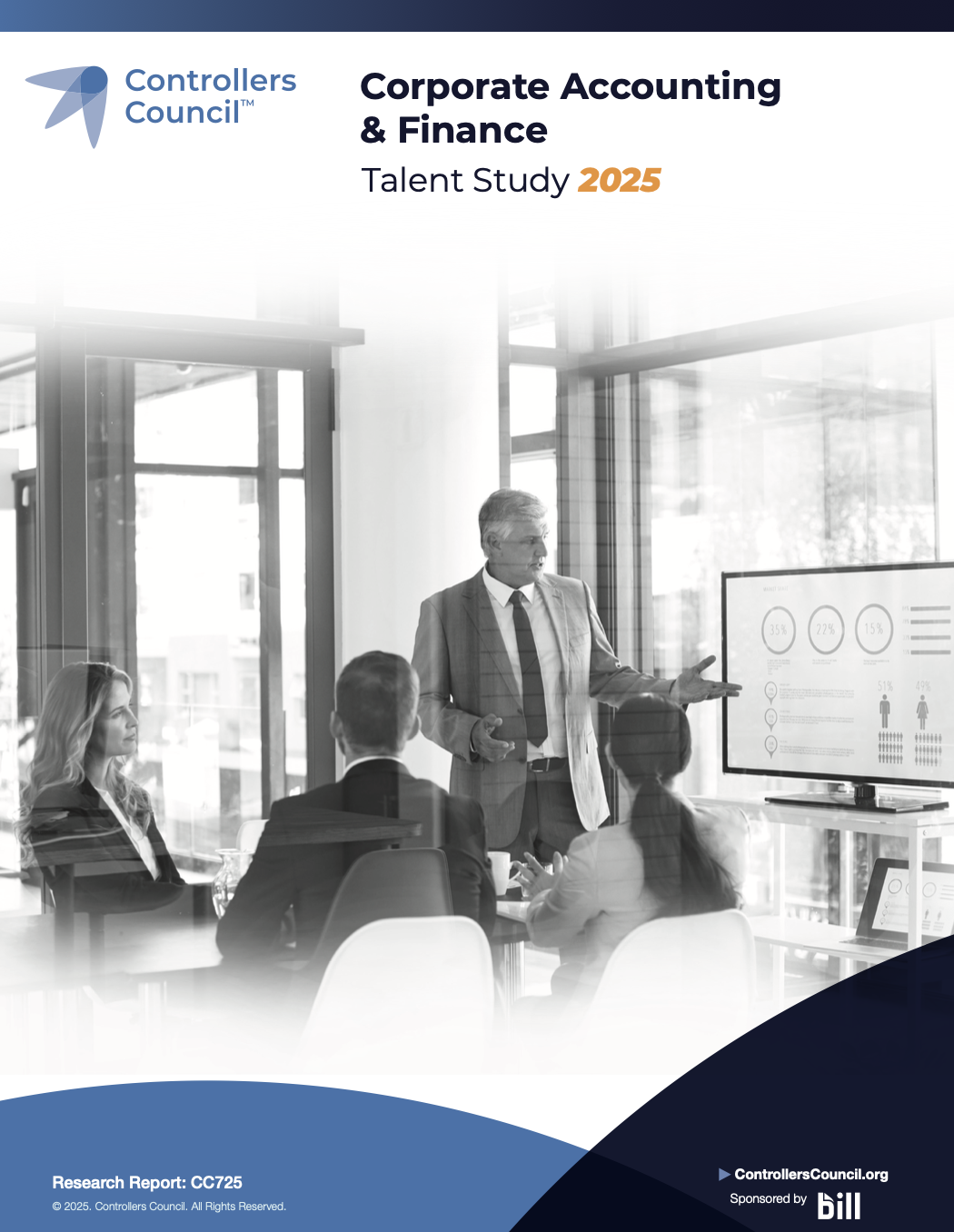The next four years will be a time to refine the finance department. The 2010s might have felt like a reasonably stable year, at least compared to 2020, but there was a lot moving around that got us to where we are today. New regulations, political and taxation shifts, technological evolution and more have shaped the business landscape and put us where we are today.
But between now and 2025, leaders are going to need to make sense of the decade of consistent evolution and the year of disruption in order to position the company for success. In turn, this will create new roles for CFOs, who will expect controllers to shift focuses to support these changes.
Seven Roles for Controllership Success
So what can controllers do to put themselves in a position for success? Take advantage of the additional time you’ve gotten from technology to focus on improve finance operations and deliver timelier information, insights, and automation. This according to Deloitte, who recently published an article on the emerging agenda for the controller that identified seven ways you can deliver enterprise value.
Translating the four faces model to the controller, Deloitte looked at the ways that COVID changed the game. Dramatically shorter timelines, halted earnings guidance, and louder calls for the controller to create value. This, according to analysts, can be done by focusing efforts on the following seven areas:
1) Reporting Critical Metrics and Value Drivers
You can’t take steps to improve what you can’t measure. That’s why Deloitte sees managerial reporting and KPI measures as a top priority for the controllership. Data needs to be available faster, and as the boundaries in FP&A get blurred, controllers can take the lead on defining the key value drivers, metrics, and reporting to support management decision-making.
2) Rethinking Disclosures
Non-GAAP disclosures have become more popular, and COVID has changed the way companies work. New business models require new disclosures, as investors will expect different information to understand a firm’s success. For example, a retailer that moved into ecommerce or subscriptions will have new measures of success.
According to Deloitte,
“Controllers can add strategic value by working with business leaders, including the CFO, to reassess disclosures and report on accounting treatments, as well as other metrics that matter to investors, to best unlock or convey the value of the company. Beyond disclosures’ content, controllers driving finance transformation through automation and process improvements can increase the speed at which critical information can be made available to investor relations.”
3) Improving Allocation Decision Making
Capital allocation will matter more in the coming years. Money is tight and resource usage has changed. Finding a way to improve this decision making will require a new approach from the controller, who will find him or herself in a position to bring structure and discipline into the process. “Ensuring there is an evaluation and feedback loop for decisions in the event conditions or facts have changed, as well as a process to course-correct, falls squarely in the controller’s domain.”
4) Leading a Governance-Based Transformation
We’ve said it a lot in recent years, the Controller will find an increasing spot in IT. Understanding how to get the most out of information will require a close working relationship with technology to oversee the collection, organization, analysis, and governance of financial data. As the person focused on governance, Deloitte argues that this positions the controller to oversee the integrity of the financial and driver data used to develop business metrics.
5) Improving Resilient Growth
Resiliency is the ability to bounce back after an adverse event, and 2020 was just that. Controllers already know the basics, but play a major role in navigating future risk events. When optimizing costs, are CFOs and controllers undertaking a risk-adjusted cost optimization, where they ask what could go wrong with the cost reduction strategy?
6) Leading the Transformation Charge
Digital transformation is happening, and controllers can benefit from being at the table. Though the role may be finance-focused, controllers can support the larger initiatives of the CFO by managing the department. And they’re well positioned to do so”
“Controllers are critical to the three outcomes finance transformation seeks to deliver: enhanced information for decision-making and resource allocation; increased speed in reporting critical information to decision-makers; and increased productivity, cost efficiency, and capabilities of the finance organization.”
Using your current knowledge of processes allows you to seek out technologies to improve said processes, as long as you know how to reimagine efforts and steer the organization in the future.
Learn more in our on-demand webinar The Controller’s Guide to Becoming a Digital Transformation Champion In 2021.
7) Improving Finance Talent
Finance transformation has only further driven the need to reimagine talent and demand new skills and career paths for high-performing staff. But this will require you to take a hands-on approach to talent, taking on the role from HR.
“From implementing rotation and training programs to enhancing performance management and progression plans, talent development is a key area where controllers can step up and assist.”
Learn more in What Will Finance Talent Expect after a Full Return?
Positioning Yourself for Success: Resources from the Controllers Council
To help you plan and execute your role in the transforming organization, the Controllers Council is proud to share some of the key resources that controllers can use to get ahead. Here are just some of these:
- Controllers Code – The Secret Formula For a Successful Career in Finance: Free with Controllers Council Membership, the Controllers Code shares all the things that accounting classes don’t teach you about thriving in this role.
- Understanding the Modern Controller: A Survey of Financial Controllers: 95 percent of controllers say that their role has become increasingly important and strategic, and over two-thirds characterize the controller as a “risk manager” versus a “number cruncher.” This free guide from FloQast will help you to understand the new roles and responsibilities coming to the controllership.
- Making Finance Reinvention Happen: The best Finance organizations are looking for different, if not daring, ways to improve the way they function and the services they deliver. This whitepaper from Vital Analysis helps you discover what it takes to remain competitive and position your business for success.




